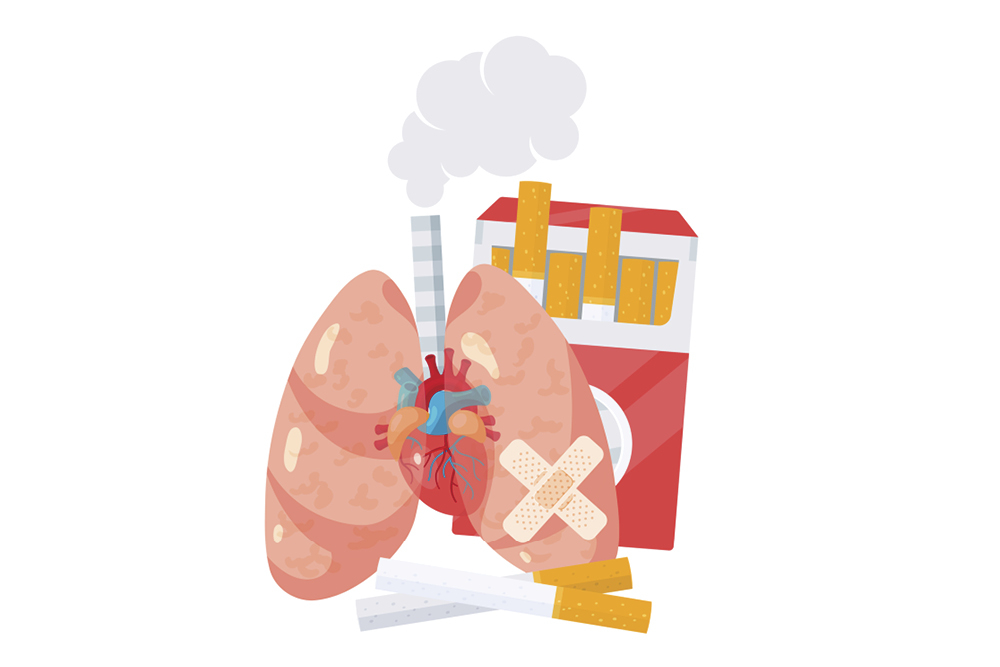As a Chronic Obstructive Pulmonary Disease (COPD) patient, quitting smoking is one of the best things you can do for your health. Smoking currently stands as the primary cause of COPD. According to the Centers for Disease Control, out of the almost 16 million adults diagnosed with COPD in U.S., 38% of them are still smoking.1 For individuals diagnosed with COPD, quitting smoking can aid in slowing down the disease's advancement and help enhance health-related quality of life. Here are some suggestions and strategies to assist COPD patients in quitting smoking.
Set a Quit Date
Choose a date to quit smoking and stick to it.2 This will give you a target to work towards and help you stay focused on your goal.
Seek Support
Quitting smoking can be challenging, especially for COPD patients. Contact friends, family, or a support group for help and encouragement.3
Nicotine Replacement Therapy
Talk to your healthcare provider about using nicotine replacement therapy, such as nicotine gum and patches, to help you manage withdrawal symptoms.4
Common withdrawal symptoms:
- Urges or cravings to smoke
- Feeling irritated or upset
- Feeling restless
- Hard time concentrating
- Trouble Sleeping
- Feeling hungrier or gaining weight
- Feeling anxious, sad, or depressed
Avoid Triggers
Identify your smoking triggers, such as stress or social situations. Start finding healthy ways to cope with them. Exercise, deep breathing, or talking to a friend can help distract you from the urge to smoke5.
Stay Active
Exercise can help reduce cravings and improve lung function6. Try to incorporate regular physical activity into your routine to help you stay smoke-free. (Check with your provider before starting a new exercise program.)
Focus on the Benefits
Quitting smoking can have numerous benefits for COPD patients, including improved lung function, reduced risk of exacerbation, and a longer life expectancy. Keep these benefits in mind to stay motivated on your quitting journey.
Reward Yourself
Celebrate your milestones, whether it’s a week, a month, or a year, smoke-free. Treat yourself to something you enjoy as a reward for your hard work.
Remember, quitting smoking is a process, and setbacks are common. If you slip up, don’t be too hard on yourself. Use it as a learning opportunity and recommit to your goal of quitting for good, your lungs will thank you in the long run.
Resources for Quitting through the Center of Disease Control
- Telephone :800-QUIT-NOW (800-784-8669)
- Text Message: Text QUITNOW to 333888
- Smartphone App: quitSTARTapp
- https://smokefree.gov/
1https://www.cdc.gov/tobacco/campaign/tips/diseases/copd.html
2https://smokefree.gov/build-your-quit-plan
3https://www.cdc.gov/tobacco/campaign/tips/quit-smoking/7-common-withdrawal-symptoms/index.html
4 https://www.cdc.gov/tobacco/campaign/tips/quit-smoking/quit-smoking-medications/how-quit-smoking-medicines-work/index.html
5https://smokefree.gov/challenges-when-quitting/cravings-triggers/know-your-triggers
6https://smokefree.gov/challenges-when-quitting/cravings-triggers/fight-cravings-exercise


